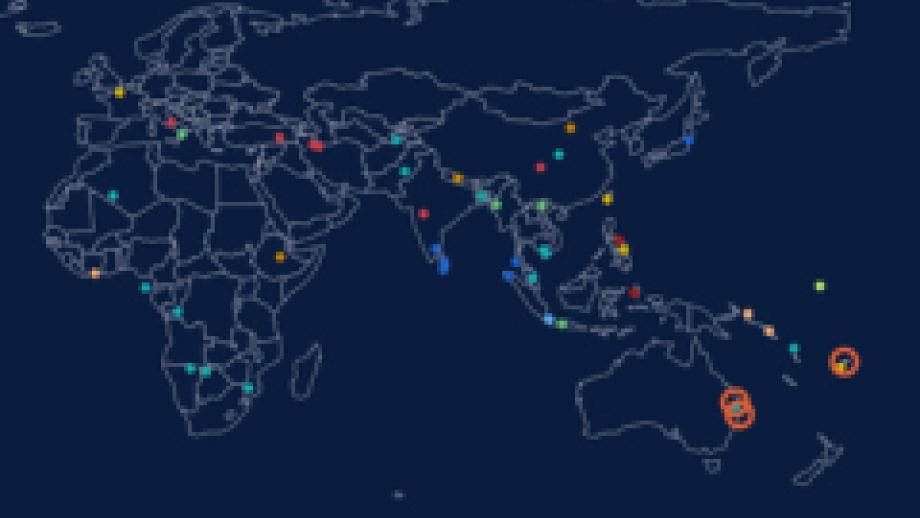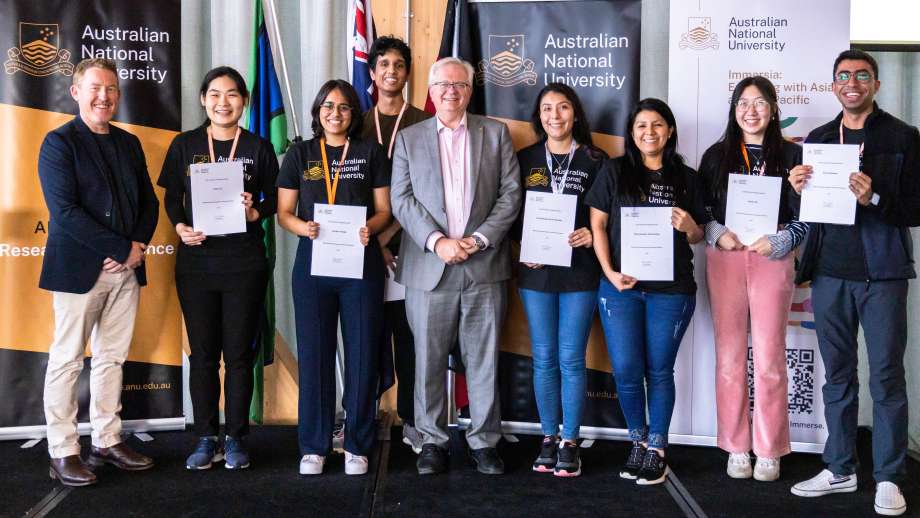Seated on the Whirlwind: Artificial Intelligence, Weapons Systems and Moral Agency
Presented by ANU College of Asia & the Pacific
Discussing AI, Automated Systems, and the Future of War Seminar Series
Over a decade’s worth of discussions on the ethical and legal implications of AI-enabled weapons systems have yielded limited results. Complicating matters is the fact that, to date, the debate is marred not only by hyperbolic, speculative promises, but also by unhelpful conflations, imprecision of terms. It begins with the term ‘autonomy’ and stretches to concepts such as trust and responsibility. This is perhaps not surprising given the speed with which the technology develops and the fact that the debate is inherently trans-disciplinary in nature. Increasingly, however, the forms of the discussions on moral agency and responsibility take on the markers of technical discourse, even if they are held within a philosophical register. In such discussions, both human agency and machine agency are read through a technological lens wherein functional equivalences are drawn between the two, to make one fit the other. This move takes us further away from understanding moral concerns as distinctly human social concerns, and further into the terrain of thinking about ethics as a purely technological problem that can be solved with more attentiveness to technology rather than to human relations and creates blind-spots in the debate on moral responsibility for AI-enabled lethal weapon systems.
About the speaker
Dr Elke Schwarz is Reader (Associate Professor) in Political Theory at Queen Mary University London. Her research focuses on the intersection of ethics of war and ethics of technology with an emphasis on unmanned and autonomous / intelligent military technologies and their impact on the politics of contemporary warfare. She is the author of Death Machines: The Ethics of Violent Technologies (Manchester University Press), is an RSA Fellow, a member of the International Committee for Robot Arms Control (ICRAC), 2022/23 Fellow at the Center for Apocalyptic and Post-Apocalyptic Studies (CAPAS) in Heidelberg and 2024 Leverhulme Research Fellow. Her work has been published in a number of philosophical and security-focused journals, including Ethics and International Affairs, Philosophy Today, Security Dialogue, Critical Studies on Terrorism and the Journal of International Political Theory and others. She is co-series editor for the Springer Verlag series: Frontiers in International Relations and Associate Editor for the journal New Perspectives.
About the chair
Toni Erskine is Professor of International Politics in the Coral Bell School of Asia Pacific Affairs at the Australian National University (ANU) and Associate Fellow of the Leverhulme Centre for the Future of Intelligence at Cambridge University. She is also Chief Investigator of the ‘Anticipating the Future of War: AI, Automated Systems, and Resort-to-Force Decision Making’ Research Project, funded by the Australian Government, Department of Defence, and recipient of the International Studies Association’s 2024-25 Distinguished Scholar Award in International Ethics.
This seminar series is part of a two-year (2023-2025) research project on Anticipating the Future of War: AI, Automated Systems, and Resort-to-Force Decision Making, generously funded by the Australian Department of Defence and led by Professor Toni Erskine from the Coral Bell School of Asia Pacific Affairs.
Location
10 East Road
ACT
Acton
2601
Speakers
- Dr Elke Schwarz
Contact
- Bell School Marketing Team



